02
Pandemic spread: SARS-CoV-2 dynamics in Europe before border closures
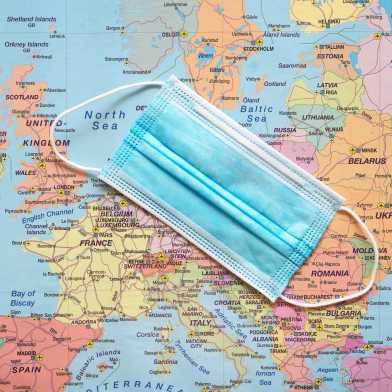
Reconstructing the origin and early spread of SARS-CoV-2 in Europe on the basis of viral genome sequences from samples taken during spring 2020 can help guide discussions on the effectiveness of border closure policies. A study led by Sarah Nadeau and colleagues from the group of Tanja Stadler estimates that before the first border closures in Europe, the rate of new cases occurring from within-country transmission was within or exceeded the rate of new migration cases.
“People should know there is always someone who listens to them” - Interview with the Persons of Trust at D-BSSE
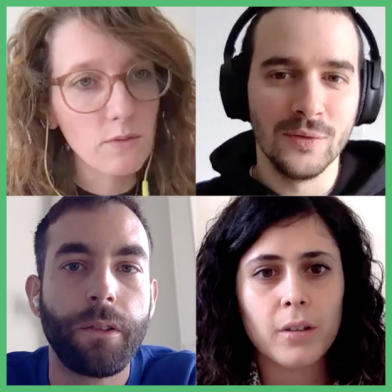
At D-BSSE, four Persons of Trust, members of the Scientific Staff Association VMB, offer their ears, eyes and assisting hands to those staff members who need to talk, feel troubled or seek help.
Understanding the different components of immune responses to SARS-CoV-2
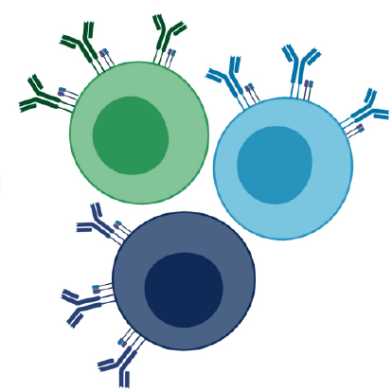
The immune response to SARS-CoV-2 depends on different cell types (B and T lymphocytes) and the molecules (antibodies) circulating in the body. A pair of studies led by the group of Sai Reddy in collaboration with colleagues from D-BSSE and various Swiss hospitals, provides a greater understanding of the role of immune cells and antibodies in COVID-19 patients. In both studies, single-cell sequencing and computational approaches were used to understand immunity against SARS-CoV-2.
Analysis tools for detection of SARS-CoV-2 variants in wastewater samples
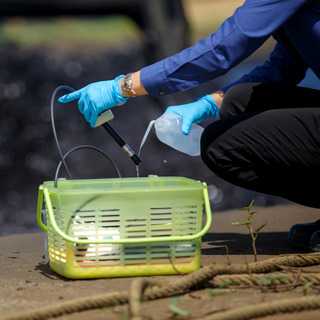
In January, genomic analysis in samples taken from wastewater treatment plants in Switzerland highlighted the potential of this method as an early alert of the presence of the novel SARS-CoV-2 variants. The study which was published on the pre-print server medRxiv was co-led by Niko Beerenwinkel together with colleagues from ETH Lausanne and Eawag. Now, the computational tools for the analysis of the co-occurrence of mutations on the viral RNA is made available open-source.
Review on optogenetics: triggering biological functions with light
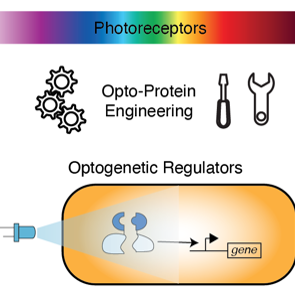
Optogenetics is becoming a mature methodology to regulate a variety of cellular functions. The Control Theory & Systems Biology group led by Mustafa Khammash has developed new light-regulators for bacteria, yeast, and mammalian cells. A recent review describes the concepts to create light-controllable proteins and gives an overview of optogenetic transcription regulators in E. coli.
Blueprint for Understanding the Pandemic

Scientists and public health experts have been raising the alarm for decades to prepare for the inevitability of a viral pandemic. Infectious epidemics seemingly as benign as "the flu" and as deadly as Ebola provided ample warning, yet the world seemed unprepared for COVID-19. In ETH Zurich’s Scientific Session at the AAAS 2021, Tanja Stadler, Linfa Wang and Michael Osterholm mapped out an "Epidemiological Blueprint for Understanding the Dynamics of a Pandemic”.
Countdown towards finalizing new D-BSSE building
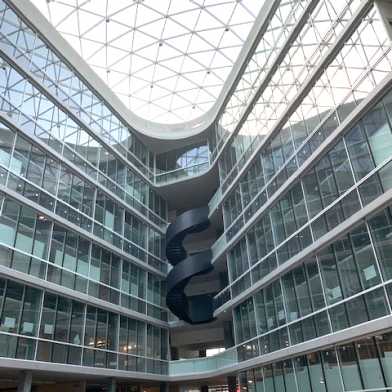
Construction works for the new home for D-BSSE are proceeding well according to schedule. For this new 8-storey building with a floor space of 36’000m2, technical and operational assessment will start in November 2021. About 35% of the lab and 40% of office spaces are currently in the making. Watch the new time-lapse video and check the BSS website for recent photos.
Digital Campus: Bio(graphy) Breakfast

On 3 March, 9 AM, principal investigator Michael Nash and alumna Laura Skylaki, scientist at a business information service provider, will share their inspirational bios with us and respond to questions on career choices, lessons learned, pitfalls and opportunities you must grasp. For D-BSSE community members only!
"Digital Campus" events
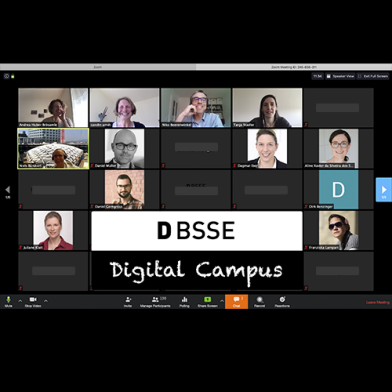
D-BSSE members are invited to participate in the weekly Zoom meetings happening every Tuesday at 11 AM. Responsibility for the organisation alternates between the department leadership and the Scientific Staff Association (VMB). The first "Digital Campus" is taking place on 16 February, featuring an address by the new head of department Daniel Müller, a keynote by Barbara Treutlein and an interview with the VMB Persons of Trust. Find the schedule on the internal Wiki.
New collaborative research projects with BRCCH
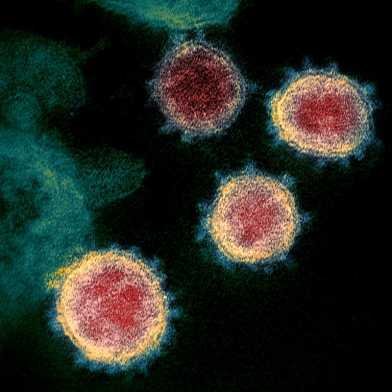
The Botnar Research Centre for Child Health (BRCCH) is announcing a new joint initiative with the European and Developing Countries Clinical Trials Partnership (EDCTP) to support multi-institutional, multi-country collaborations for research on SARS-CoV-2 infection. The COVID-19 antibody repertoires' project is led by Andreas Moor together with Julie Fox from King's College London.